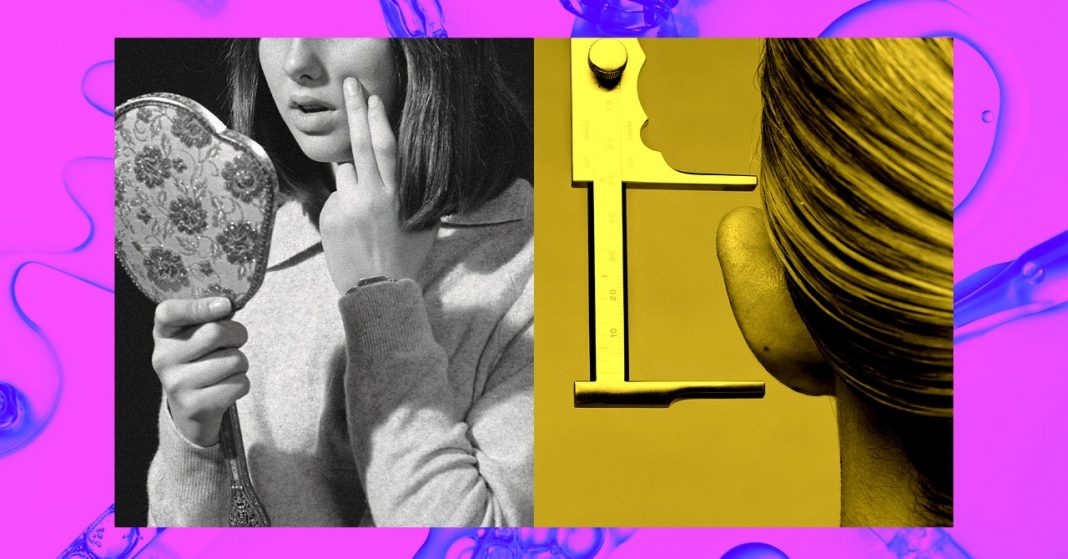While recently reading about leg-lengthening surgery, I couldn’t help but sense a touch of absurdity in the whole enterprise. Although I’m no taller than average—I’m 5’9″, thank you very much—dispensing sincere sympathy for the men featured in the article didn’t come naturally. Even when it did, my sympathy was mixed with an element of comedic pathos, like for someone who just got a kick to the groin.
Since then, however, I’ve been harboring a suspicion that my gut reaction to leg-lengthening surgery, or any surgery aimed at enhancing physical attractiveness, might be at odds with egalitarian ideals. Physical beauty is utterly contingent and you have no more control over your hotness than the zip code of your birth. Not being a “10,” so to speak, is no more reason to feel shame, or pride, than not being born into a dukedom. Normally, correcting disadvantages beyond our control doesn’t invite blame. Yet, the desire to undergo extensive physical enhancement is often viewed as uncouth, even though it directly addresses a widespread but overlooked type of discrimination: lookism.
For the uninitiated, lookism refers to discrimination based on physical attractiveness. While most forms of discrimination are confined to, often definitionally, certain demographics—misogyny cannot be applied to men, for example—lookism spares no one. And I mean no one, as time eventually betrays even the most celebrated beauties. Remember that, in the movie Top Gun 2, Kelly McGillis was replaced by Jennifer Connelly. If singling out McGillis sounds sexist, that’s because it is—lookism also has a gendered dimension, as Tom Cruise reprised his role from 36 years ago. (So have Indiana Jones and many James Bonds, whereas Charlie keeps replacing his Angels.)
Even outside Hollywood, of course, hotness pays. The psychologist Nancy Etcoff illustrated lookism in her 1999 book Survival of the Prettiest: The Science Of Beauty with a mic-dropping statistic: Only two US presidents, James Madison and Benjamin Harrison, have been below average height. The legal system isn’t immune, as more physically attractive people also receive lighter sentences and pay lower fines. A 2021 study conducted by sociologists at Harvard University and Washington University in St. Louis even showed that the earnings disparities caused by perceived attractiveness are comparable to, or even exceed, the black-white income gap.
Marionetted by evolutionary mechanisms—heck, even birds choose mates based on plumage—humans have always partaken in lookism, which may also have been responsible for the destruction of a civilization or two. (A plain-looking Helen or Cleopatra, one suspects, might have caused history to unfold differently.) But lookism remains a relatively obscure term that has yet to enter common critical parlance, and that even few scholars engage with.
The term’s closest counterpart, “pretty privilege,” suggests a frivolity that undermines its serious implications, and is perhaps one reason for “lookism” being overlooked: Prettiness is seen as too superficial a concept to examine. Another challenge in discussing lookism is the blurred line between victims and perpetrators. To claim victimhood is to admit to being ugly, and to label someone else a victim is quite an insult. (The truth might be that we all play roles as both the oppressed and the oppressor.) Other complications abound, as venturing into lookism can summon a slew of uncharitable interpretations. If we deem height surgery as socially acceptable, are we likening short stature to a biological defect? Does facial asymmetry become a kind of congenital disease? Are we then pathologizing the absence of beauty?
